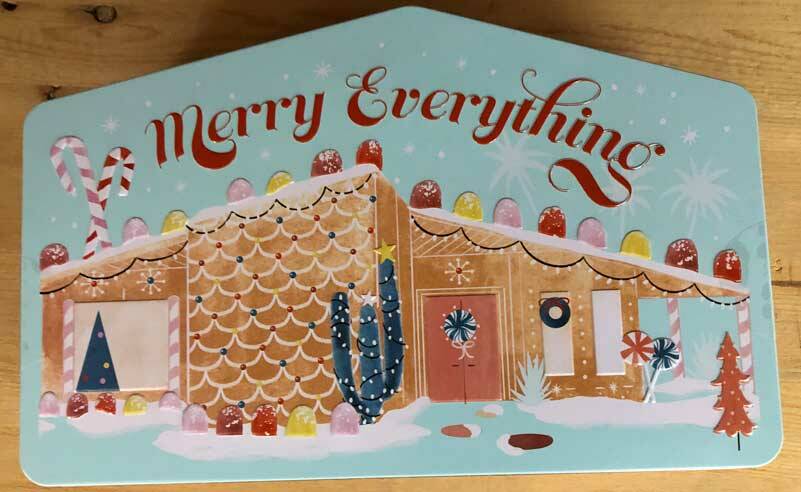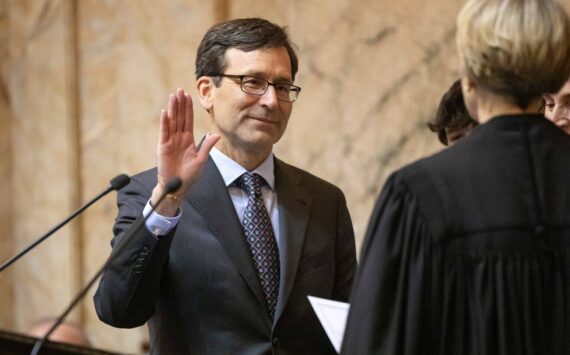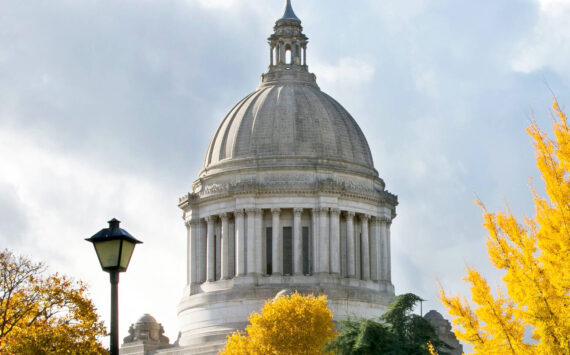By Morf Morford, Tacoma Daily Index
To put it mildly, we Americans have mixed feelings about our holidays. Some holidays are federally recognized days off for (almost) everyone. Others, like Halloween and St. Patrick’s Day, are celebrated – but not with days off.
Some holidays are conflated with or blurred with others. Many Americans, for example, barely know the difference between Memorial Day and Veteran’s Day (formerly known as Armistice Day).
Some holidays are noted because of their seasonal (not historical) presence. Memorial Day is generally noted as the first (unofficial) day of summer – and Labor Day is generally seen as the marker of the end of summer.
The one constant among all of our holidays is that we, or at least the business community, consistently declare a sale.
Some holidays (like St. Patrick’s Day) welcome everyone and everyone, for that day at least, is considered (to some degree) Irish.
And St. Patrick’s Day is a specifically American holiday – it is barely recognized in Ireland.
We even have what most of us have come to call our “holiday season”. From mid-November to Jan 1, we have about 15 official (or unofficial) holidays from Thanksgiving to Hanukkah to Kwanza to the winter solstice to Christmas and New Year’s Eve – and several others.
Particularly in this season (November and December) we celebrate, commemorate and take note of our holidays in very different ways from formal parties to ugly- sweater parties to vigils or singalongs.
Our celebrations range from religious and somber to frivolous and tacky.
As with almost everything else in America of the 2020s, our holidays have become a central battle zone for what could be called our new national past-time – non-stop culture wars.
The ever-vigilant cable news shows, perhaps inspired by too much caffeine or too many holiday treats, rant on a regular basis about the “war on Christmas” with warnings about everything from the color (and size) of coffee cups to the sacredness (or blasphemy) of Santa Claus, The Elf on the Shelf and, of course, the delight, distraction and, to some, mind-numbingly formulaic look-alike Hallmark holiday rom-com movies.
It is also “the season” for many of us, of endless debates about the most endearing, memorable, sacrilegious, annoying or even offensive holiday/Christmas music.
Whose holidays?
In short, most of us can’t decide what holidays even are or who should be welcome to celebrate/commemorate them.
The largest holiday of all, is, of course, at least for most of us, the most contentious.
Is Christmas primarily or exclusively for Christians, or is it for any and all?
Is it primarily for children?
Virtually all of the familiar accoutrements of Christmas from the Christmas tree to Santa Claus to decorative lighting are of pagan origin (popular across Europe long before the arrival of Christianity). Does that even matter?
The Puritans banned all “frivolous” celebration of Christmas for many years in Colonial America. To them, Christmas was, by far, the most somber of holidays. Gift giving and feasting, pageants, plays and festivities were seen as more secular, if not degenerate, than religious or honorable.
Across Great Britain, and Colonial America, (in the mid-1600s) shops and markets were legally required to be open on Christmas Day.
If you think there is anything new about the contentiousness of what should (I presume) be a season of good will and generosity, you can see a profile of Christmas past here.
To put it mildly, it was not a cheery Victorian Christmas.
But as another reality check, you might want to look up what Victorian London streets actually looked (and smelled) like – not just around holidays.
Sewers (and indoor bathrooms) were non-existent in the 19th Century, so sewage, filth, disease – and crime (serious and petty) were everywhere.
Beggars, poverty and desperation were a seemingly permanent aspect of every urban landscape.
Gutters along roadways were the receptacle of choice for everything from animal carcasses to sewage to household garbage.
The water in London was unsafe – hence the drinking of tea – or alcohol.
Christmas goose?
The Puritans were serious about enforcing their version of how Christmas, in particular, should be celebrated. Or not.
When in power, they assumed “power and authority to plunder pottage-pots, to ransack ovens, and to strip spits stark naked.”
This was before turkey was the “traditional” main dish.
Back then the Puritans were so determined that there was the case of the minister in Scotland who in 1659 searched houses in case anyone might have a Christmas goose or be celebrating just a little too much; as in anything out of the ordinary.
Church and state, with their combined power and authority, sought to control Christmas. And everything else.
Christmas present
Even now, the holiday season (November and December) is, for far too many of us, a vulnerable if not dangerous time. For a variety of reasons, this is the season, not of cheer and delight, but depression, abuse, even suicide.
Annual death rates, for a range of reasons, hit their peak in December.
In other words, the “holidays” are literally too much for many of us.
The end of the year holidays, for whatever reason, are a time of high, often idealized and unrealistic expectations. But for many of us, just getting through those days is a major accomplishment.
As always perhaps, most of us celebrate and commemorate (or even avoid) these winter holidays in our own ways.
Our holiday practices may be individual, family, local or cultural. From music to home decor and winter attire, December is a month like no other.
I can’t say that I fully understand whether this scatological Catalan/Spanish tradition is honorable, pragmatic or cynical, but it is one of many Christmas traditions, that for better or worse, have attached to the Nativity Story.
May this season go well for all. No matter how you choose to celebrate it.





